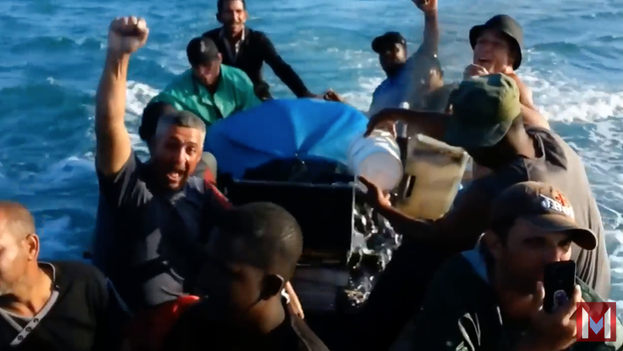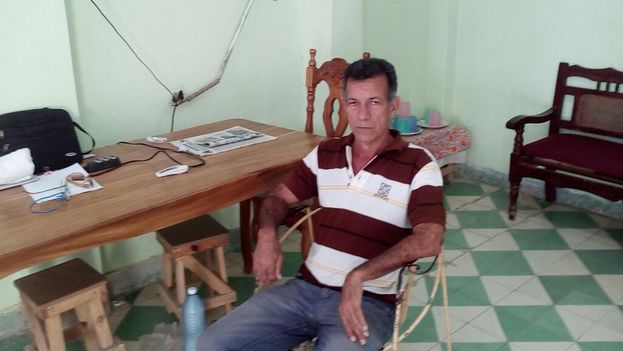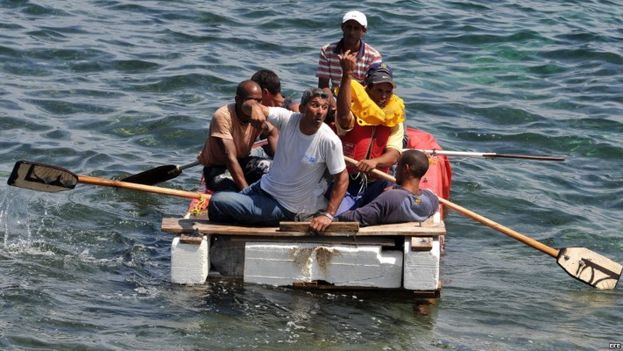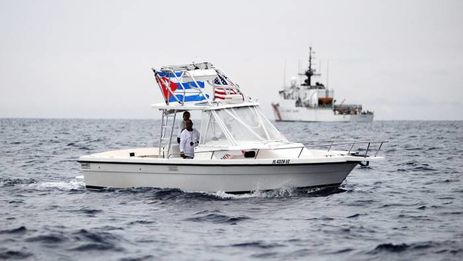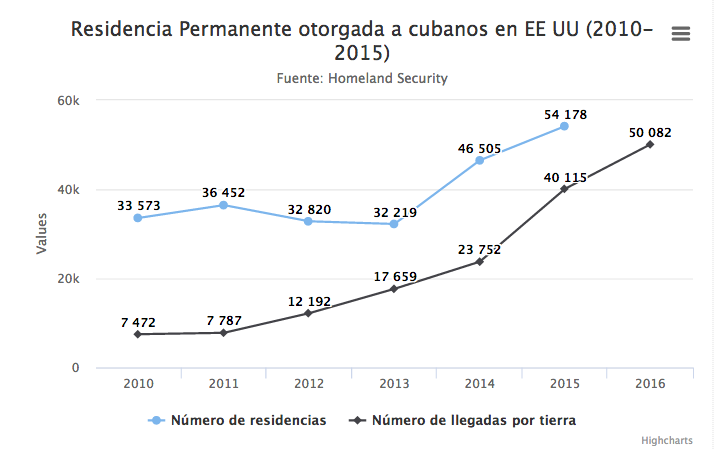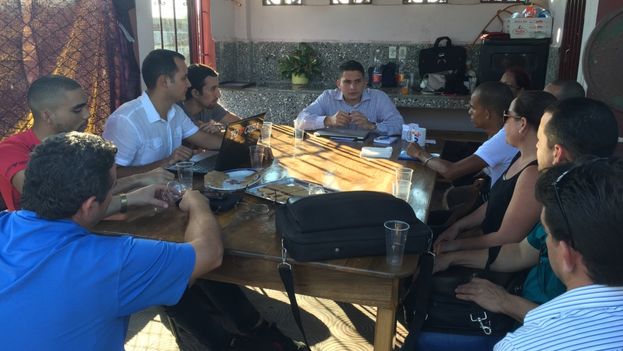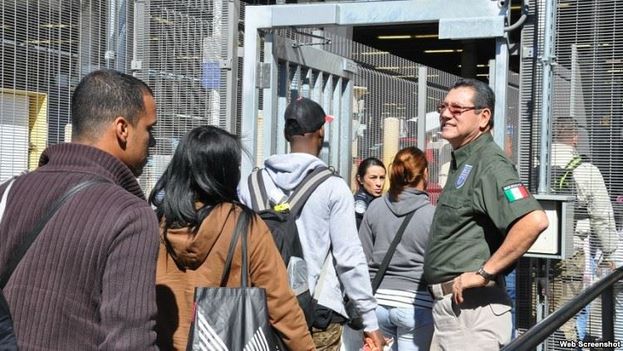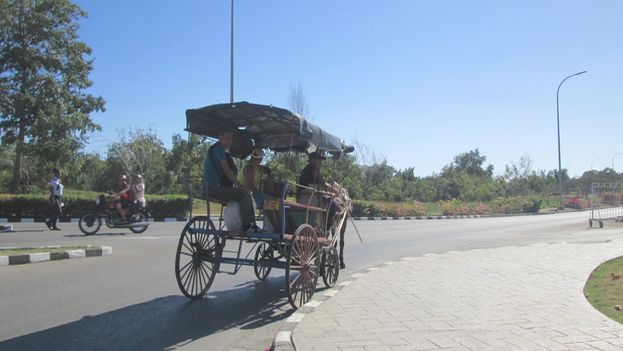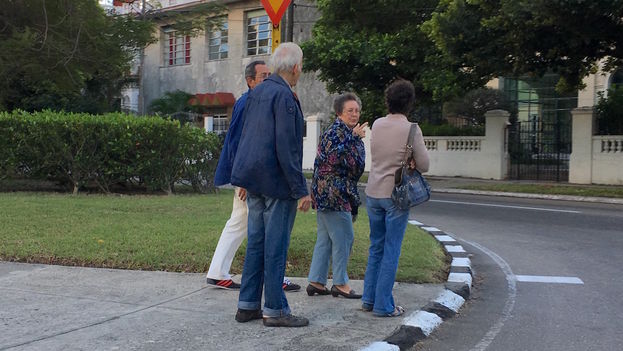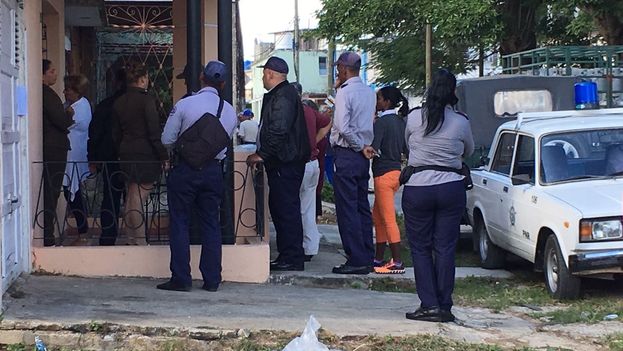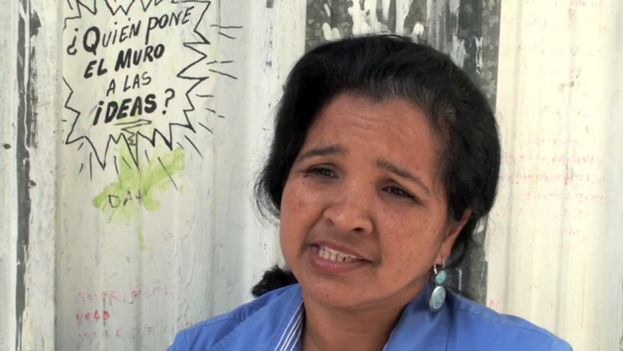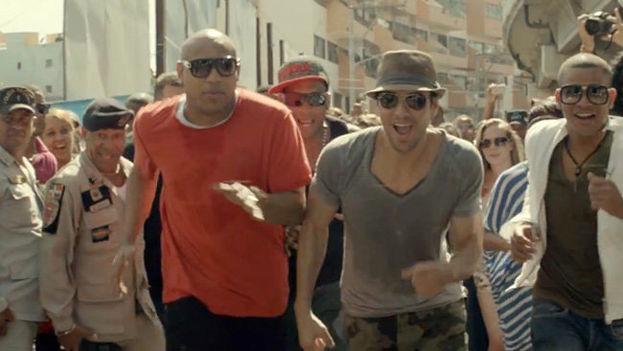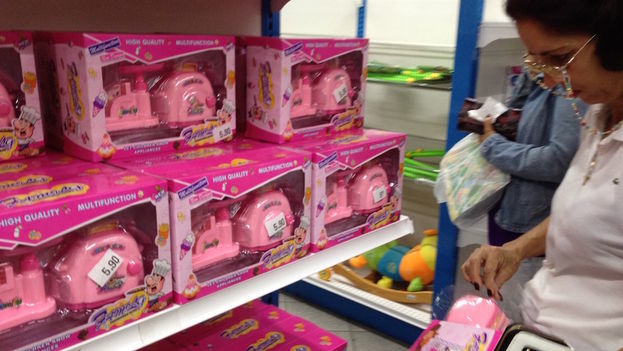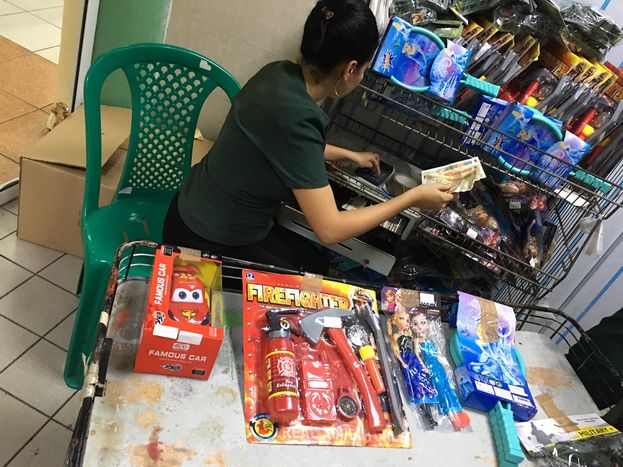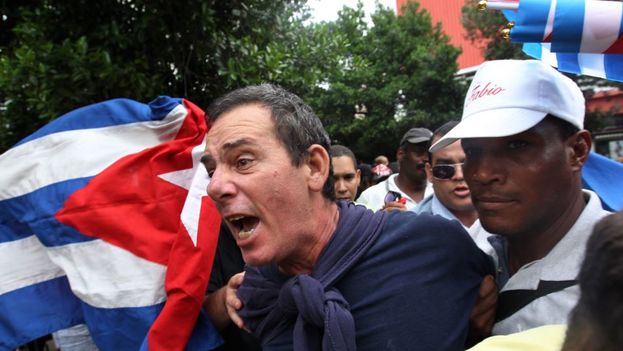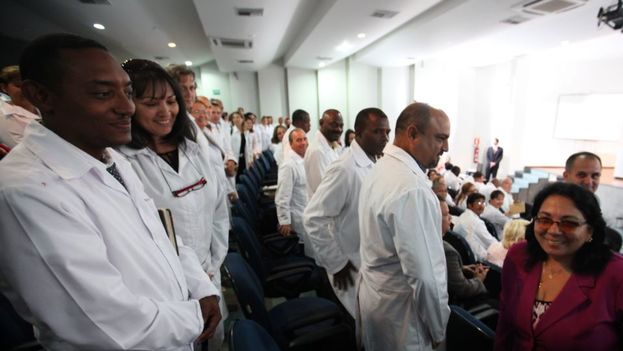
![]() 14ymedio, Mario Penton, Miami, 13 January 2017 — Thirty Cuban doctors met Friday in Bogota to protest the ending of the Cuban Medical Professional Parole (CMPP) program, which until yesterday allowed Cuban medical personnel working in third countries to qualify for a visa to go to the United States.
14ymedio, Mario Penton, Miami, 13 January 2017 — Thirty Cuban doctors met Friday in Bogota to protest the ending of the Cuban Medical Professional Parole (CMPP) program, which until yesterday allowed Cuban medical personnel working in third countries to qualify for a visa to go to the United States.
The CMPP was created by the administration of Republican George W. Bush in 2006, to enable thousands of professionals to escape from Cuban medical missions abroad.
Havana has long called for its repeal, which was announced by President Barack Obama on Thursday, and had made it a condition for progress in normalizing relations with Washington. continue reading
“We went to protest for them to keep that program that is vital for Cuban doctors,” says Alberto López, a Cuban critical care specialist who escaped from a medical mission in Venezuela.
In ten years, more than 8,000 Cuban professionals have benefitted from this program, especially in countries like Venezuela and Brazil.
“We fear for what could happen to our colleagues. There are many people who are on the way and we do not know what can happen now, because they can neither return to the mission nor to take shelter under the parole program,” explains Lopez.
Havana has long called for its repeal, which was announced by President Barack Obama on Thursday, and had made it a condition for progress in normalizing relations with Washington
Another of the protesters called for the granting of visas to all those who have been waiting in Colombia for a response to their requests.
“We are working as waiters, in markets, in whatever we can. We hardly have money to pay our expenses because we lost everything in our Cuban bank accounts. We’ve been waiting for months, and now Obama comes out with this. And I was counting on it,” he says.
The “healthcare cooperators,” as the Cuban government calls them, are assigned a bank account on the island where each month some of their wages are deposited in dollars. Those accounts, which remain frozen until the end of the mission, are seized by the Government if the doctors desert.
For Dr. Julio César Alfonso, president of Solidaridad sin Fronteras (Solidarity Without Borders) a non-profit organization dedicated to helping Cuban doctors who come to the United States, “it is very regrettable that President Obama leaves such a sad legacy to the Cuban community.”
Alfonso regrets that the new policy does not take into account that Cuba’s healthcare personnel who are working in third countries have the status of “modern slaves.”
“Cuban medical missions are considered one of the largest human trafficking operations that has ever existed in history,” he says.
“Doctors have always tried to escape. What is going to happen now is that it will end the organized ways of escaping from this reality. It is very negative what is happening,” says the doctor, who estimates that more than 3,000 professionals will be in migration limbo because they have escaped the missions but no longer have the certainty they will be accepted in the United States.
” Cuban medical missions are classified as one of the largest human trafficking operations that has ever existed in history”
The Cuban health system has 495,609 workers, according to the most recent data provided by the Government, of which more than 58,000 are specialized doctors. Its cooperation programs, which are funded through international organizations, extend to more than 90 countries in the world, from Africa to Russia.
The discomfort extends among Cuban doctors “on mission” in several countries.
“When health professionals leave Cuba we do it with an official passport. The government appropriates most of our salary and if we escape we are prevented from returning to Cuba for eight years,” explains a doctor living in Brazil who claims to have completed all her paperwork to receive the Parole. However, she asked that her identity not be revealed,” just in case.”
“Yesterday I was very nervous all afternoon, suddenly we got that bucket of cold water. I can only think of the other professionals that this measure leaves without protection. There are hundreds who were waiting for the opportunity to defect,” she explains.
Through the Mais Médicos (More Doctors) program, the Brazilian Government, at that time under the presidency of the Workers’ Party and allied with Cuba, hired more than 11,000 doctors through the Pan American Health Organization. The agreement, which included a payment of $ 3,300 per doctor per month, plus the payment of other fees for accommodation, represented significant income for the island’s economy, which in 2014 acknowledged that it received $ 8.2 billion in exchange for “medical services.”
Of the salary agreed to with the Government, only a third is paid to the Cuban professionals.
Since the beginning of the program in 2013, defections have been routine. In 2016, 1,439 health professionals escaped to the United States; another 1,600 took the exams to revalidate their titles in Brazil and to obtain contracts to work their on their own. Marriage has also been another way to escape the control of the Cuban government. According to data provided by the Brazilian authorities, more than 1,000 Cubans have marital ties with citizens of that country.
“I was able to submit my paperwork. Now I have to wait, but what will happen to others who were thinking of fleeing?” asks a Cuban doctor who was in Venezuela.
“At least before you had the security of knowing that if you jumped you would have a place to fall. If you escape now you know you’re playing outside the rules,” an X-Ray specialist, who works in the state of Anzoátegui, said using the vocabulary of sports. “Venezuela is going down the tubes like Cuba but now we have no choice but to stay here.”

